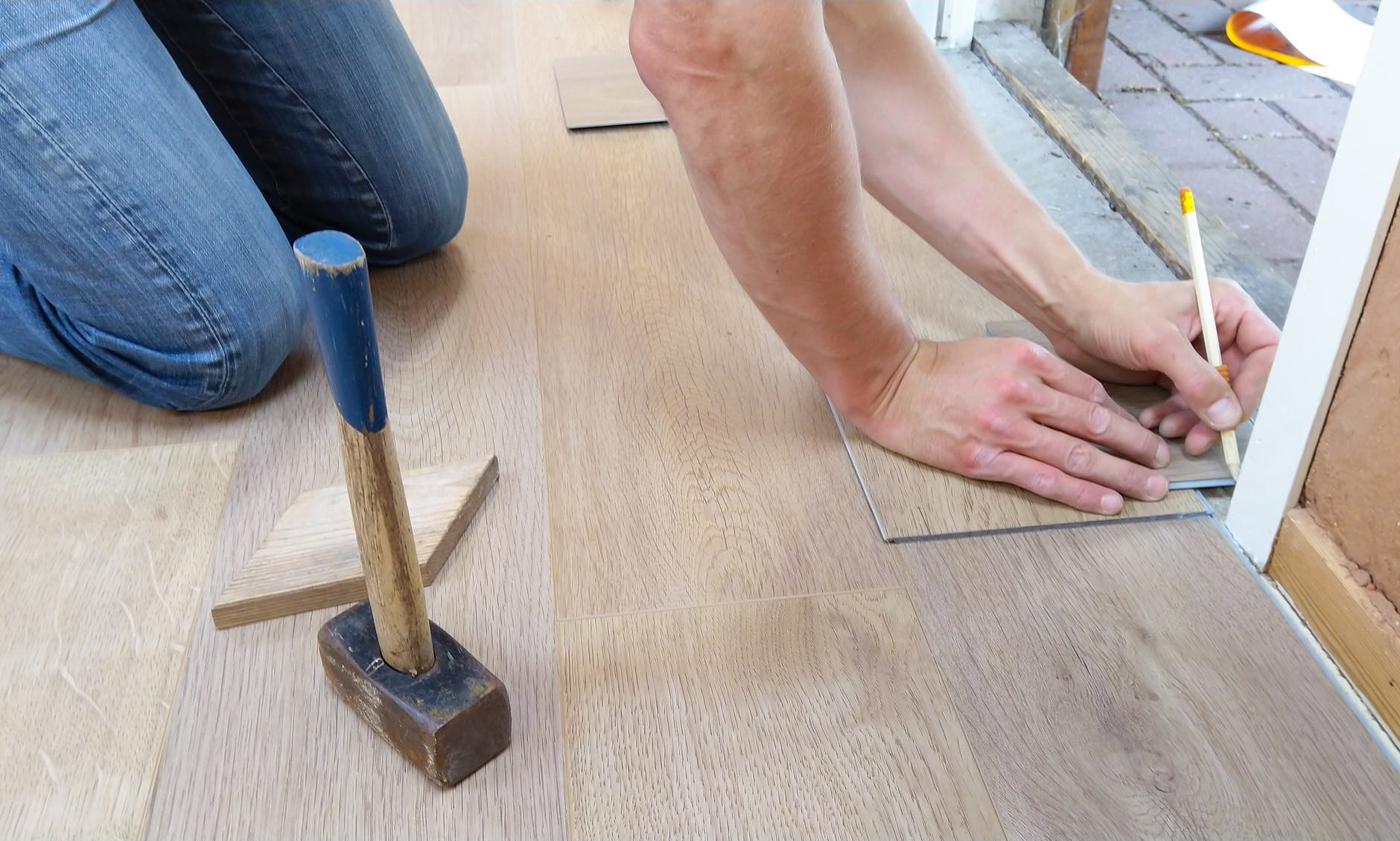The finished product of a home renovation looks so fantastic that it’s hard to imagine the ways they can go horribly wrong. But before you reap the rewards of your hard work, you’ll probably hit a few bumps in the road. Here are four surprising facts about home renovations.
1. You might need to get a permit.
Each city has its own rules and regulations, but most major work (such as taking down walls and updating plumbing) will require a permit. Unfortunately, acquiring a permit isn’t a simple task. You need to figure out exactly which permits you need and how to go about getting them. If you’re overwhelmed, hire a contractor to help you out.
2. Upgrades might not pay off.
Most homeowners assume their resale value will skyrocket after remodeling. But you have to be careful not to out-price the market with fancy upgrades. Before you start any renovations, scope out your neighborhood and see what most homes for sale have to offer. Certain renovations, like updating bathrooms and kitchens, are pretty much guaranteed to boost your ROI.
3. Consider hiring a pro.
Before you hire a professional, get a few quotes and crunch some numbers. Don’t forget to factor in your own time, energy, interest, and skill level, as long as how long you can tolerate living in a work zone. If you take on the task yourself, you might run into unexpected costs, such as needing friends to help, having to rent equipment and tools, and needing to take time off work. Hiring a contractor will save you that hassle, and it might end up being cheaper in the end.
4. Good contractors book up quickly.
Some contractors have wide open schedules, but that just means they aren’t booking work. Good contractors will have packed calendars months out, so be sure to do your research. Aside from being busy, how can you tell if a contractor is good or not? The best way to ensure you get a quality professional is to ask family and friends for recommendations, ask potential contractors for a list of past clients you can consult, and inspect recent work they’ve done, if possible. Finally, make sure the contractor is licensed and insured.
